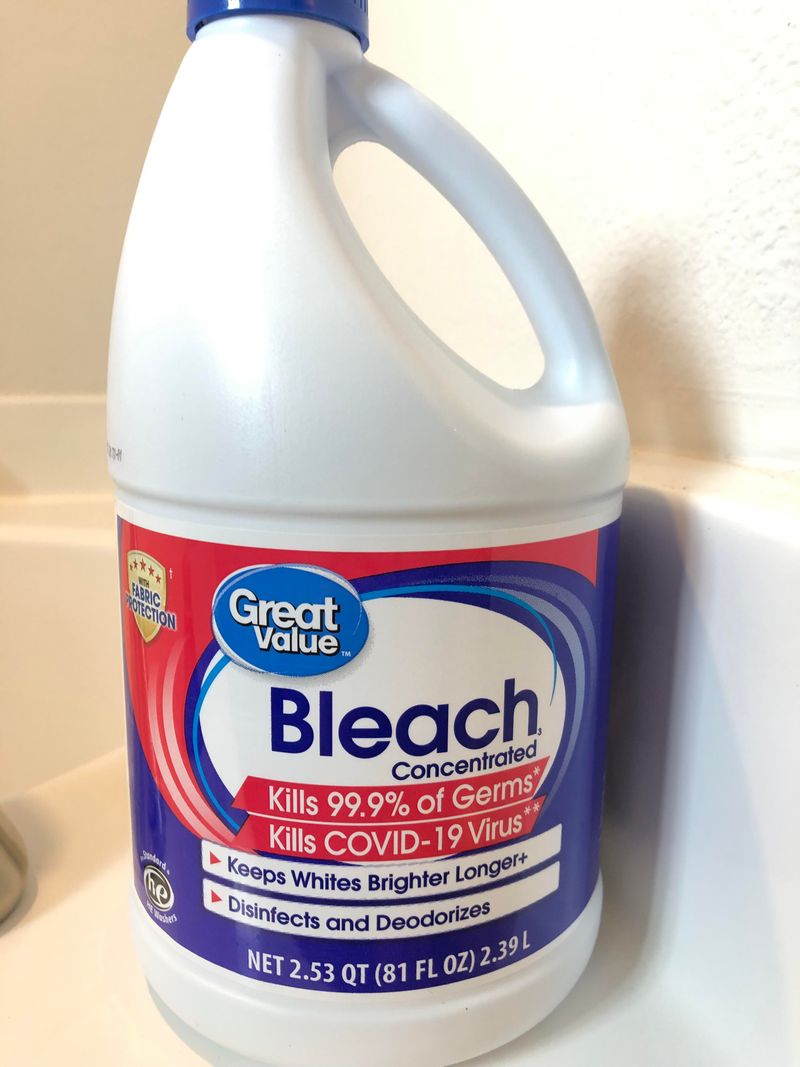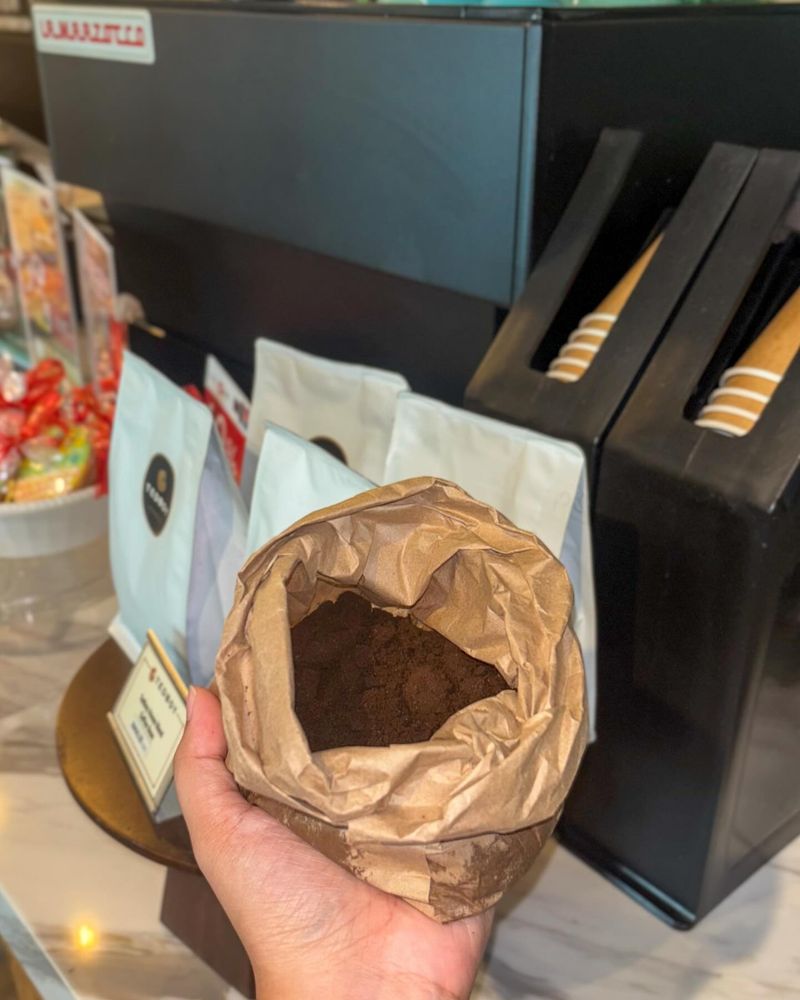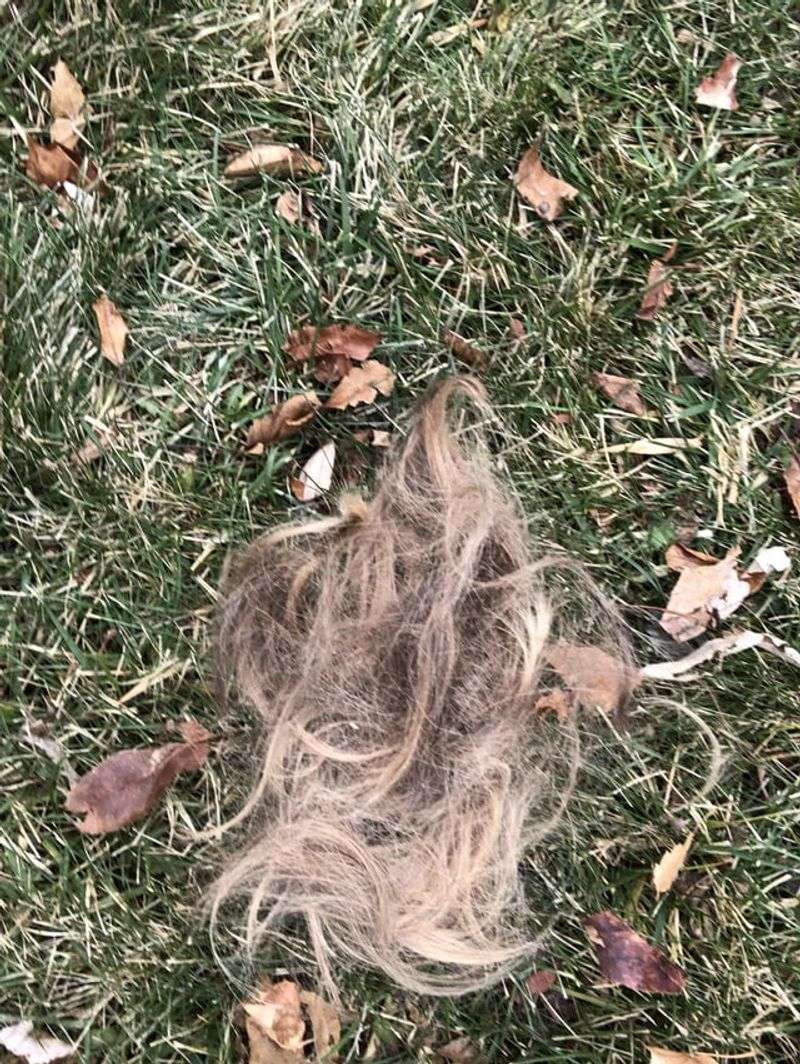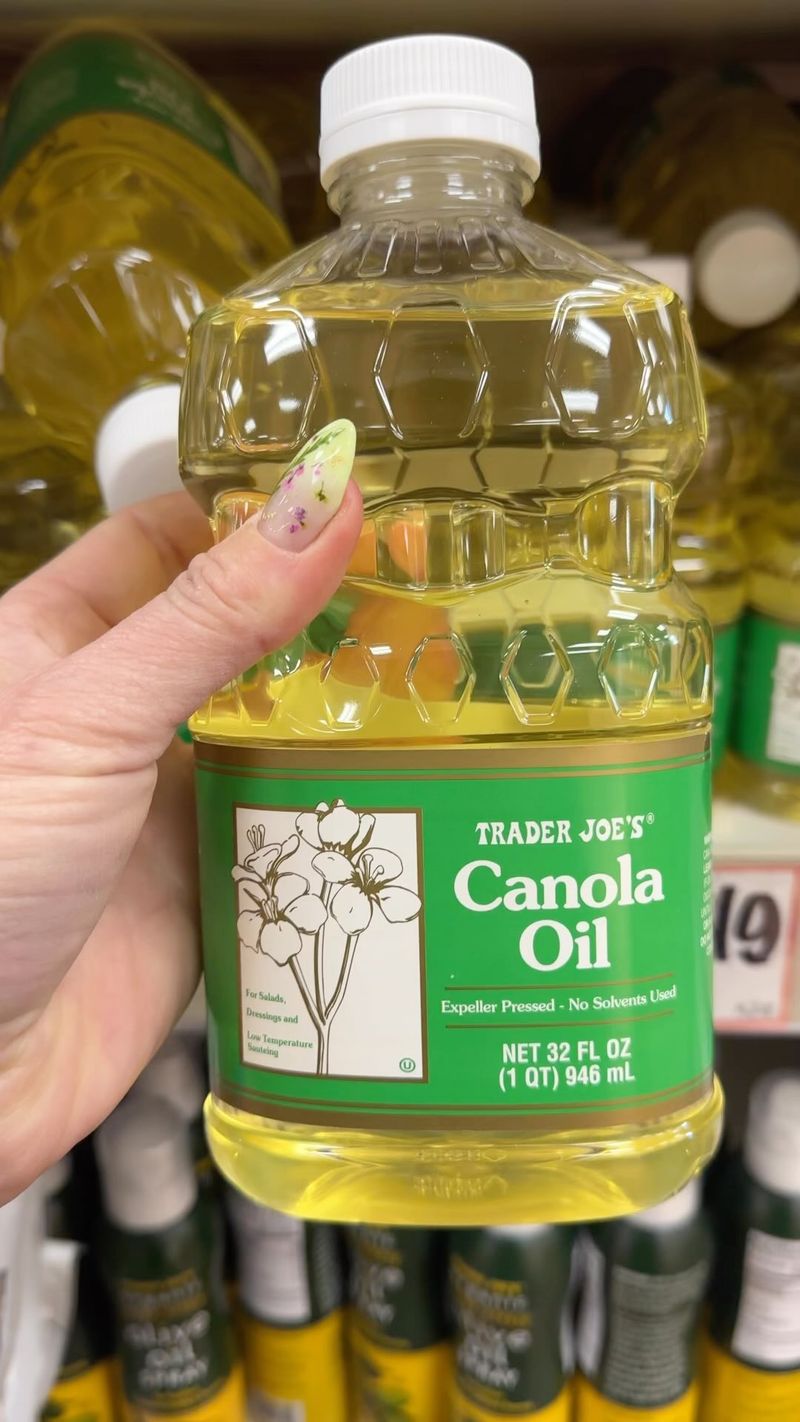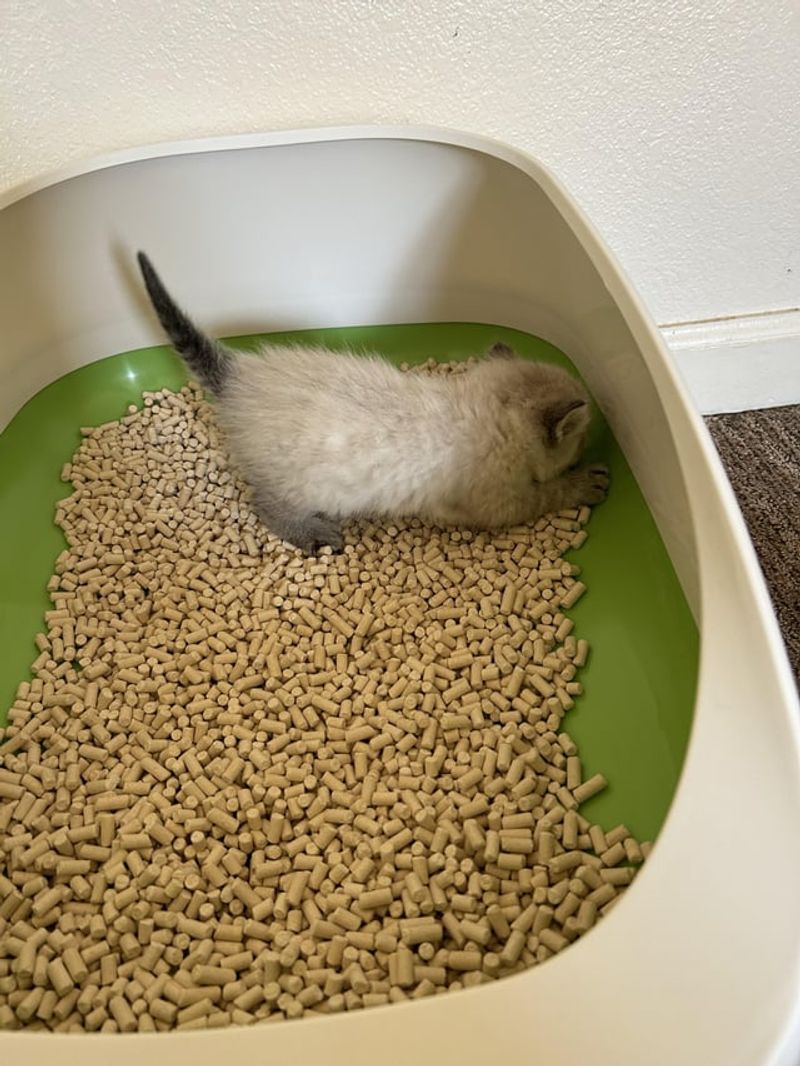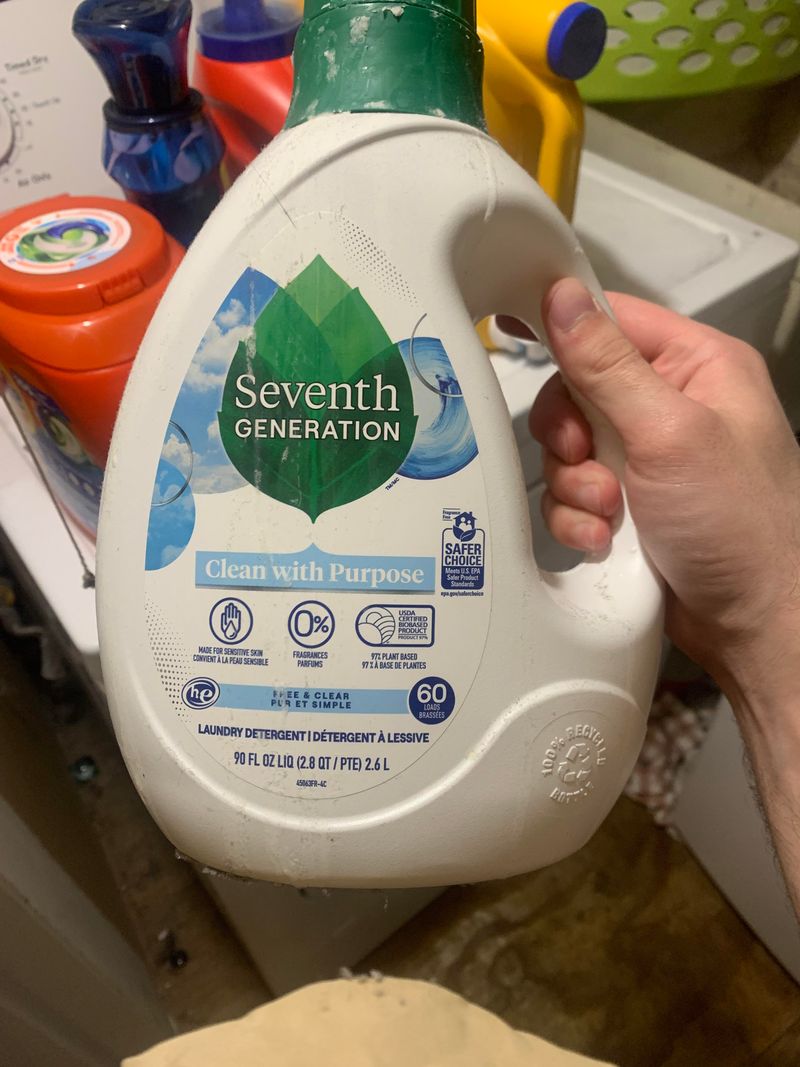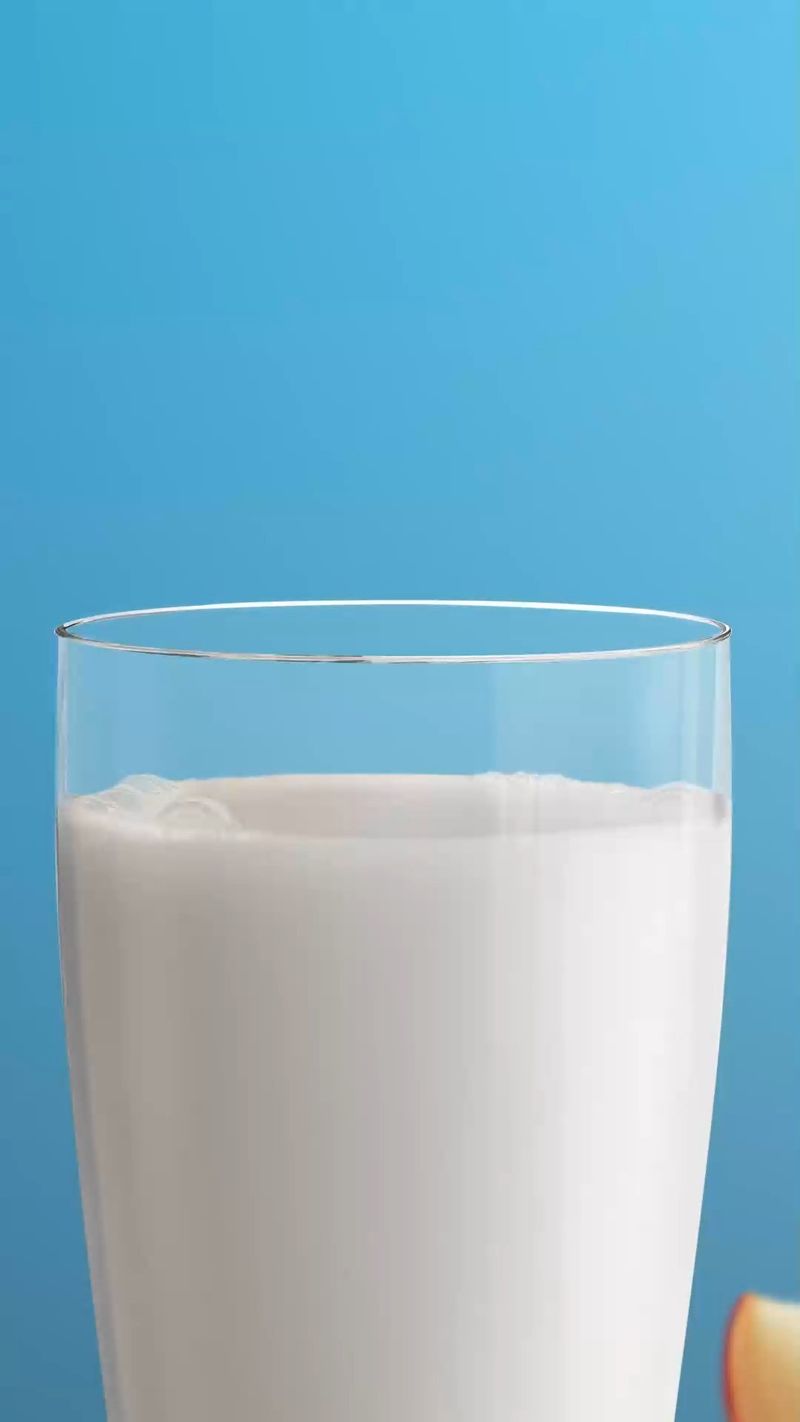Turns out, some of the everyday things we have around the house might not be as helpful for plants as we think.
Some common items we use could actually be doing more harm than good without us even realizing it. What you think is a harmless “boost” could end up being a silent killer for your green friends. From scraps in the kitchen to items under the sink, the dangers are everywhere.
Let’s take a peek at these household offenders that might be messing with your plants.
1. Table Salt
Salt creates a hostile environment for plant roots by disrupting water absorption. When sprinkled around plants, it dramatically alters soil chemistry and dehydrates roots through osmosis, essentially pulling moisture away from plants.
Over time, salt accumulation makes soil inhospitable for nearly all plants except salt-tolerant species. Even small amounts can cause leaf browning, wilting, and eventually death. The damage is often permanent, requiring complete soil replacement to restore growing conditions.
2. Vinegar
Vinegar’s acidity makes it an excellent weed killer but a terrible fertilizer. The acetic acid immediately burns plant tissues on contact and drastically lowers soil pH. Many garden favorites require neutral to slightly acidic conditions to thrive.
Applying vinegar to plants causes rapid wilting, brown spots on leaves, and stem collapse within hours. The soil acidification persists long after application, creating ongoing problems for new plantings. Recovery from vinegar damage is nearly impossible for affected plants.
3. Baking Soda
Baking soda creates an alkaline environment that most plants simply cannot tolerate. While occasionally used as a fungicide spray in diluted form, direct soil application raises pH levels beyond what most plants can handle.
Plants growing in overly alkaline soil develop yellowing between leaf veins, stunted growth, and nutrient deficiencies. The sodium component also builds up, interfering with water uptake. Garden favorites like azaleas, rhododendrons, and blueberries particularly suffer in high-pH conditions caused by baking soda.
4. Citrus Peels
Fresh citrus peels release oils containing d-limonene, a compound toxic to many beneficial soil organisms. These oils can kill earthworms and disrupt the microbiome that helps plants access nutrients.
Cats often avoid areas with citrus scent, leading some gardeners to add peels to soil as deterrents. However, the resulting soil ecosystem damage outweighs any benefits. Citrus peels take months to break down and can create moldy patches that further harm plants before decomposing fully.
5. Bleach
Bleach immediately destroys plant cells on contact due to its strong oxidizing properties. Even diluted solutions kill beneficial soil microorganisms essential for nutrient cycling and plant health.
Sodium hypochlorite changes soil structure, creating a sterile environment where nothing can grow. Plants exposed to bleach show rapid leaf burn, stem collapse, and root death. The chemical residue persists in soil for weeks, making replanting difficult. Never use bleach near garden beds or houseplants.
6. Used Coffee Grounds
Contrary to popular belief, fresh coffee grounds can harm seedlings and young plants. The grounds contain caffeine, a natural pesticide that inhibits root growth in competing plants. They also create overly acidic conditions when applied in large quantities.
Mold frequently develops on coffee grounds added directly to soil, especially when improperly composted. The nitrogen in coffee grounds is not immediately available to plants, requiring breakdown by microorganisms first. Excessive applications create crusty soil surfaces that repel water rather than absorb it.
7. Human Hair
Hair treated with dyes, bleaches, and styling products introduces chemicals harmful to soil health. The keratin protein in hair breaks down extremely slowly, taking years to decompose and release nitrogen.
Clumps of hair create dense mats that block water penetration and root growth. Chemically processed hair can elevate soil pH or introduce heavy metals. While small amounts of untreated hair can eventually benefit soil, large quantities from salon waste or hair brushes create more problems than benefits for growing plants.
8. Cooking Oil
Used cooking oil creates a hydrophobic barrier when poured onto soil. The oil coats soil particles, preventing water absorption and creating oxygen-deprived conditions that suffocate roots. Plants need both water and oxygen to survive.
Oil breaks down very slowly and attracts pests like rats and raccoons. The decomposition process depletes nitrogen from soil as microorganisms work to break down the greasy residue. Plants in oil-contaminated soil show signs of drought stress even when watered regularly due to the hydrophobic barrier.
9. Cat Litter
Clay-based cat litter contains sodium bentonite, which expands dramatically when wet. This expansion crushes plant roots and creates impenetrable soil layers that block drainage. Water pools above these layers, promoting root rot.
Scented varieties contain artificial fragrances toxic to soil microorganisms. Used litter introduces harmful bacteria and parasites to garden soil. Even biodegradable litters often contain additives for odor control that harm plants. The high sodium content in many litters creates saline conditions similar to salt damage.
10. Laundry Detergent
Laundry detergents contain surfactants, brighteners, and fragrances designed to clean clothes but lethal to plants. The high phosphate content in some detergents initially boosts growth but quickly leads to nutrient imbalances.
Surfactants break down the waxy protective coating on leaves, making plants vulnerable to diseases and pests. The alkaline nature of most detergents raises soil pH to harmful levels. Plants exposed to detergent show symptoms including leaf burn, root damage, and eventual death as cellular membranes rupture.
11. Milk
Milk poured directly into soil quickly sours and creates foul odors as it decomposes. The proteins and fats attract harmful bacteria that compete with beneficial soil microorganisms. Rotting milk creates acidic byproducts that can damage sensitive root systems.
While diluted milk spray has legitimate uses for powdery mildew control, undiluted milk in soil becomes problematic. The decomposition process temporarily depletes oxygen around roots. Milk residue also attracts pests including flies, ants, and rodents that may further damage plants while feeding on the decaying milk proteins.
12. Banana Peels
Fresh banana peels release ethylene gas as they decompose, which speeds ripening and aging in nearby plants. Direct soil burial of whole peels creates a slow-release ethylene source that can trigger premature flowering, leaf drop, or fruit ripening.
Intact peels take months to break down, creating fungal and mold issues during decomposition. They also attract fruit flies and other pests in large numbers. While composted banana peels eventually provide potassium, fresh peels directly applied to soil cause more harm than good for actively growing plants.
13. Dish Soap
Dish soap contains degreasing agents and surfactants that destroy the waxy cuticle protecting plant leaves. This protective layer prevents excessive water loss and shields against pathogens. Once damaged, plants become susceptible to drought stress and infections.
Regular dish soap differs from insecticidal soap specifically formulated for plants. The pH of dish soap is often highly alkaline, damaging soil structure when applied regularly. Plants exposed to dish soap show symptoms including leaf yellowing, brown spots, wilting, and increased susceptibility to sunburn.
14. Rice Water
Starchy rice water creates a perfect breeding ground for harmful bacteria when poured onto soil. The carbohydrates initially feed beneficial microbes but quickly become food for pathogens as the solution ferments. Fermented rice water introduces alcohols toxic to root systems.
Rice water with salt residue compounds the problem by adding sodium to soil. Plants watered with rice water often develop fungal infections as the starchy residue feeds harmful organisms. Root rot becomes common in containers where drainage is limited and rice water starch accumulates.
15. Onion Skins
Onion skins contain compounds that inhibit root growth in many plants. These allelopathic chemicals evolved as a defense mechanism to reduce competition from neighboring plants in the wild. Garden vegetables particularly sensitive to these compounds include beans, peas, and asparagus.
Fresh onion skins break down slowly and can develop mold issues during decomposition. The sulfur compounds released create unpleasant odors and can alter soil pH. While fully composted onion waste eventually becomes safe, fresh skins applied directly to growing plants often suppress growth rather than enhance it.






